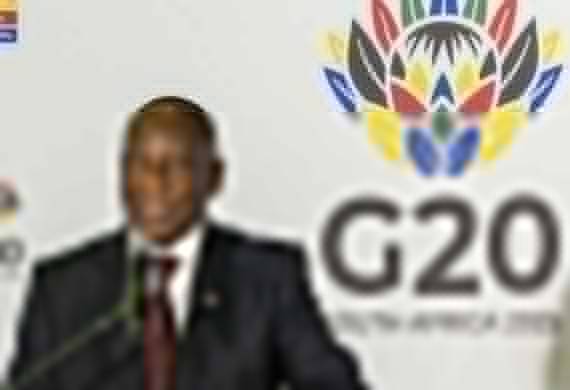G20 Summit Proceeds in South Africa Despite US Boycott
By Global Leaders Insights Team | Nov 22, 2025

G20 leaders convened in Johannesburg on Saturday, moving ahead with a draft joint declaration despite the United States boycotting the summit. Washington withdrew from the process after accusing South Africa of failing to protect the rights of white South Africans, a claim Pretoria rejects.
The draft declaration — prepared without U.S. participation — focuses on climate-related disasters, financing the clean-energy transition, and ensuring that demand for critical minerals benefits producing nations. According to delegates, the United States opposed including any language on climate or renewable energy and declined to engage in negotiations on the final text.
South Africa, chairing the G20, had aimed to use the summit to strengthen its diplomatic standing. The absence of the United States, a key G20 member, has added political strain and raised concerns about whether the final document will carry the usual weight associated with consensus-based G20 declarations.
- G20 Summit advances in South Africa despite U.S. boycott and rising diplomatic tensions
- Draft declaration pushes stronger climate and energy-transition commitments without U.S. input
- U.S. withdrawal highlights shifting global power dynamics within the G20
Despite the boycott, other G20 members opted to move ahead, an unusual step given the U.S. influence over past statements. Diplomats said the draft was circulated without American sign-off, marking a rare break from established practice.
Analysts note that the U.S. absence may limit the global impact of the final declaration but also opens space for members to adopt stronger language on climate commitments, debt reform, and support for vulnerable economies. A senior U.S. official described the drafting process as “shameful,” reinforcing Washington’s opposition to the initiative.
Also Read: Japan & China Ties Worsen After Takaichi's Taiwan Comments
This year’s summit places particular emphasis on issues affecting developing nations, including energy-transition funding, disaster-response capabilities, and reforms to borrowing frameworks that many countries view as outdated and inequitable. The final outcome will indicate how the G20 operates in a period of shifting U.S. engagement and rising divisions among major economies.
.jpg)



